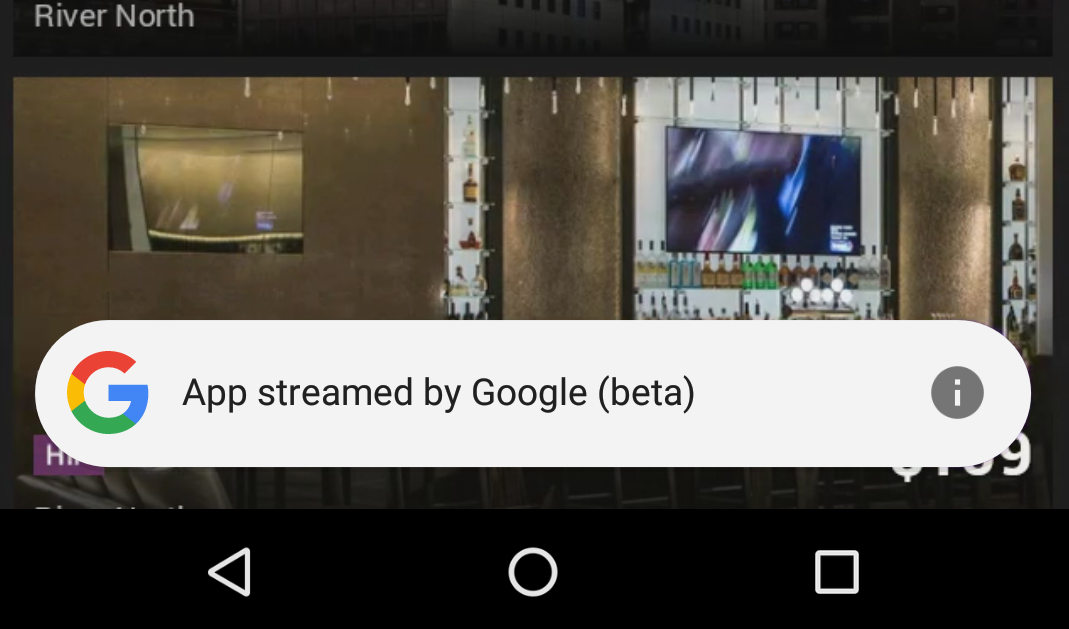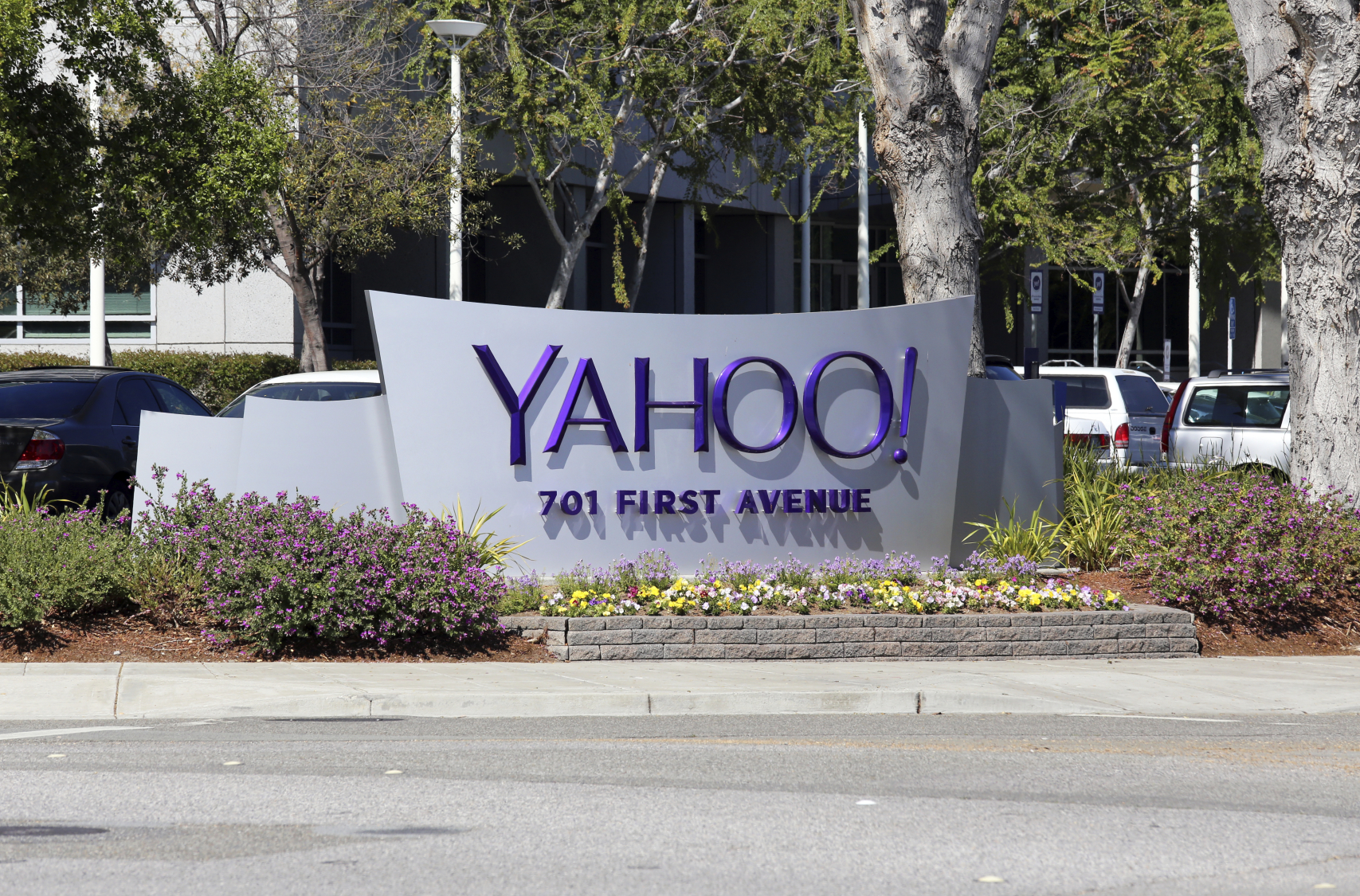What Happened
In a bid for more digital ad dollars, Yahoo has started testing full-width, autoplaying video ads to its search pages. When users search for certain keywords that brands have bought Yahoo’s search ads for, Yahoo will place the brand’s video ads atop the search results. Fashion retailer Lands’ End is an early tester, and their video stretches the entire width of the webpage and plays automatically on mute. The test is limited to desktop only for now, and it remains unclear if or when Yahoo plans to officially roll out the ad product.
What Brands Need To Do
This is not the first time a search engine attempted to make a play at brands’ video ad dollars. In August, Google was also reported to be testing video ads on its search results pages. Video ads are popular among brand advertisers, and Yahoo’s new experiment may lead to an effective new ad experience that combines the expressiveness of video ads with the targeting capability of search ads. Brands, especially those with strong branded video content, should keep a close eye on this new ad unit’s development.
Source: AdAge









